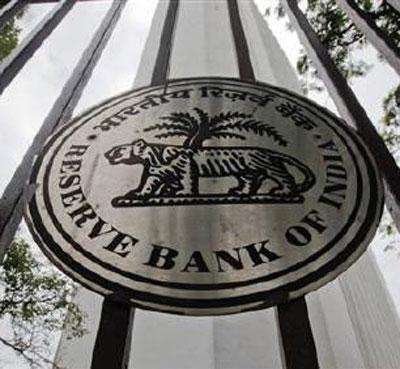 Reserve Bank of India, on Monday, identified state-owned State Bank of India and private sector ICICI Bank as systemically important banks and subjected them to higher levels of supervision to prevent disruption to financial services in event of any failure.
Reserve Bank of India, on Monday, identified state-owned State Bank of India and private sector ICICI Bank as systemically important banks and subjected them to higher levels of supervision to prevent disruption to financial services in event of any failure.
As per the framework for dealing with D-SIBs, RBI will determine a cut-off score beyond which banks will be considered as D-SIBs.
A few banks assume systemic importance due to their size, cross-jurisdictional activities, complexity, lack of substitutability and interconnectedness. The disorderly failure of these banks has the propensity to cause significant disruption to the essential services provided by the banking system, and in turn, to the overall economic activity.
These banks are considered SIBs as their continued functioning is critical for the uninterrupted availability of essential banking services to the real economy.
SIBs are perceived as ones that are ‘Too Big To Fail (TBTF)’. This perception of TBTF creates an expectation of government support for these banks at the time of distress. Due to this perception, these banks enjoy certain advantages in the funding markets.
However, the perceived expectation of government support amplifies risk-taking, reduces market discipline, creates competitive distortions, and increases the probability of distress in the future. These considerations require that SIBs should be subjected to additional policy measures to deal with the systemic risks and moral hazard issues posed by them.
It was observed during any financial crisis that problems faced by certain large and highly interconnected financial institutions hampered the orderly functioning of the financial system, which in turn, harmed the real economy.
Government intervention was considered necessary to ensure financial stability in many jurisdictions. Costs of public sector intervention and consequential increase in moral hazard required that future regulatory policies should aim at reducing the probability of failure of SIBs and the impact of the failure of these banks.





